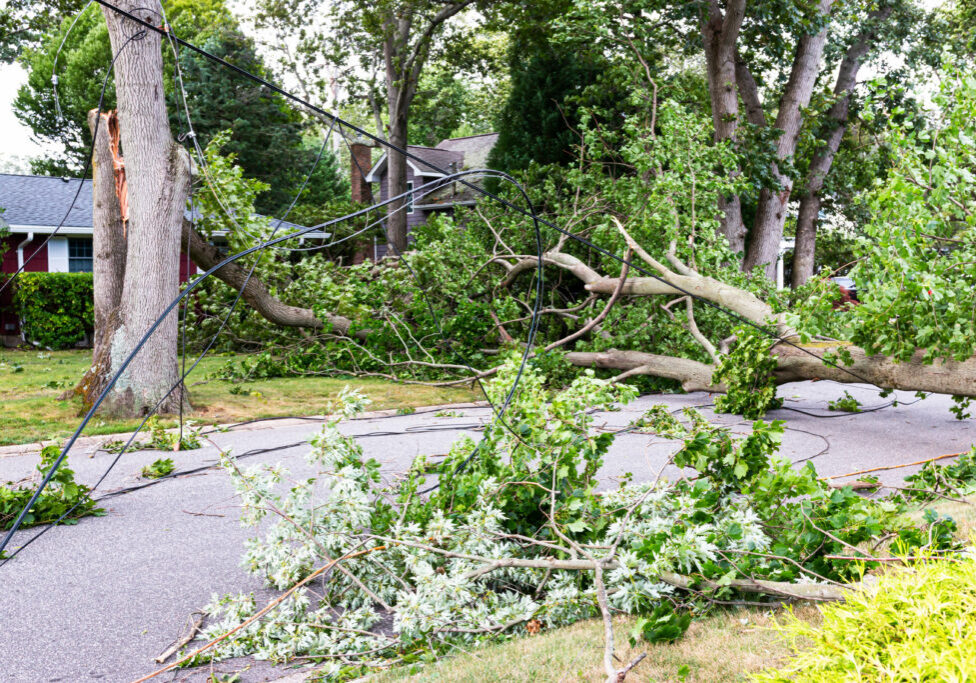Louisiana’s increasing vulnerability to natural disasters and failing infrastructure have contributed to a quarter century of economic stagnation that in turn has contributed to the state’s outmigration crisis. That’s according to a new report by the New Orleans-based Data Center that breaks down the range of problems plaguing the Pelican State. The Times-Picayune | Baton Rouge Advocate’s Sam Karlin reports that Louisiana has seen more damages from natural disasters than any other state since 2000, on a per-capita basis, and has the nation’s least-reliable power grid. But the report found a silver lining:
The organization said Louisiana has a “rare opportunity” to use billions of dollars flowing to the state from the Bipartisan Infrastructure Law, Inflation Reduction Act and BP oil spill settlement dollars to minimize the impacts of climate change while also attracting new industries aimed at reducing emissions and managing water.
Commentator Bob Mann, in his Substack blog, notes that Louisiana is particularly hard on people with low and moderate incomes, as they pay a disproportionately high share of their income on basic necessities such as rent and utilities, while 220,000 households in the state have no internet access.
The authors offered this hope on broadband access: “The state [under Gov. John Bel Edwards] established the Louisiana Office of Broadband Development in 2020 and dedicated $140 million in American Rescue Plan funds to expanding access in 48 parishes.
State sending girls back to Ware Youth Center
Louisiana is sending girls who are in state custody back to a youth detention center in Coushatta that was the subject of a scathing 2022 New York Times investigation. The newspaper documented a horrific pattern of suicides, escapes and physical and sexual assaults against children at the Ware Youth Center. The Times Picayune | Baton Rouge Advocate’s Meghan Friedmann reports on the reaction from juvenile justice advocates:
“Although we are concerned about the state’s decision to renew its contract with Ware Youth Center, given its documented history of abuse, we believe this presents a critical opportunity for the Office of Juvenile Justice (OJJ) to demonstrate its commitment to change,” Gina Womack, executive director of Families and Friends of Louisiana’s Incarcerated Children, said in a statement last month. “OJJ has publicly expressed its intention to adopt a therapeutic approach at Ware, and we hope this new contract marks a turning point towards prioritizing the healing, safety, and well-being of youth in their care,” she said.
Infant mortality and births increased since Roe’s reversal
Both infant mortality and birth rates increased in states with abortion bans since the landmark Supreme Court decision to overturn Roe v. Wade. New studies published in the Journal of the American Medical Association found that the highest mortality rates were concentrated in Black infants in Southern states and babies with fetal birth defects. The New York Times’ Pam Belluck reports:
Overall, infant mortality was 6 percent higher than expected in states that implemented abortion bans, said Alison Gemmill, one of the researchers, who is a demographer and perinatal epidemiologist in the department of population, family and reproductive health at the Johns Hopkins Bloomberg School of Public Health. That number reflected increases in nine states, decreases in four and no change in one. … Overall, the researchers found that in the states that implemented near-total abortion bans or bans after six weeks’ gestation during that period, there were 478 more deaths of babies in their first year of life after the bans were implemented than would have been expected based on previous years’ data.
Louisiana’s infant mortality rate, which is one of the highest in the developed world, did not change.
Medicaid matters for foster children and caregivers
Medicaid is a vital resource for parents, children in or aging out of foster care, caregivers and adoptive families. A whopping 99% of children in foster care are estimated to be covered by the program. A new brief from Georgetown University Center for Children and Families explains:
Medicaid is essential for children and youth in the child welfare system and their families, especially as the primary coverage source for children in foster care. The program’s pediatric benefit, EPSDT, helps to address each child’s unique needs, including access to mental health care. Medicaid coverage for parents and caregivers provides the economic security and health access that promote family stability and prevent unnecessary foster care. That means better outcomes and more autonomy for families.
Number of the Day
$93.6 million – Amount of money Louisiana is expected to spend on new and expanded youth jails. (Source: Louisiana Illuminator)
